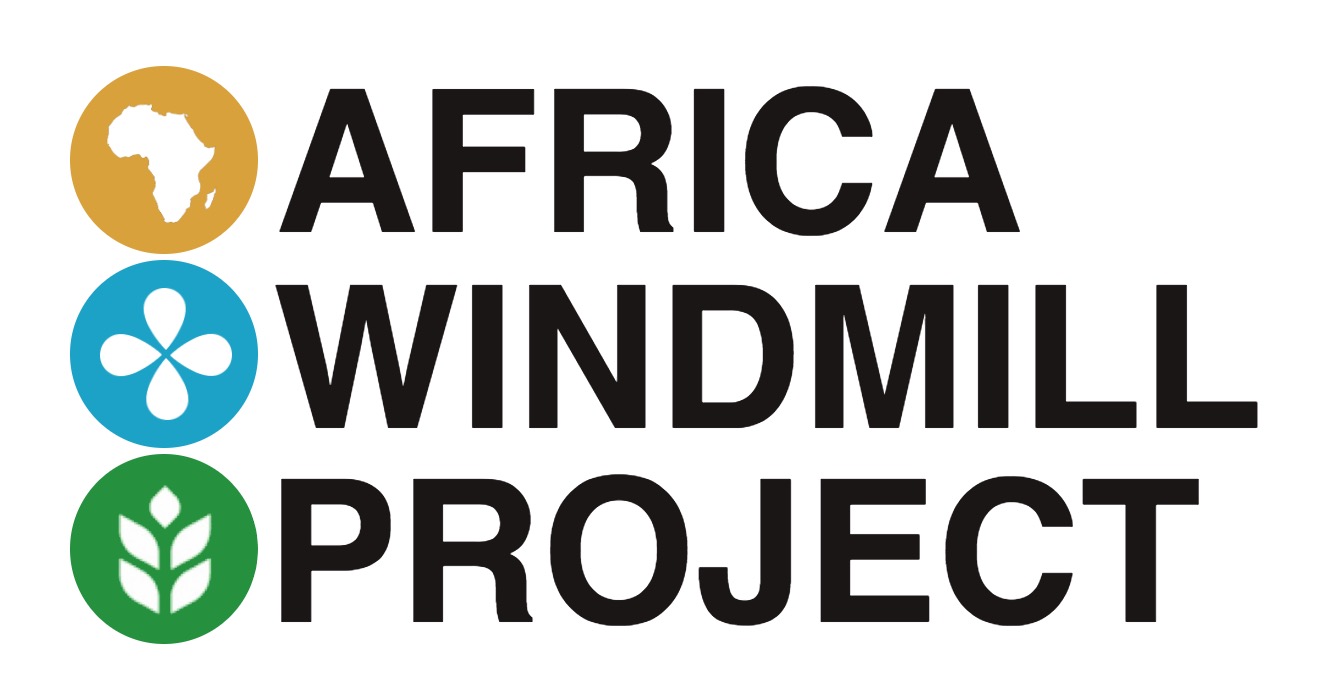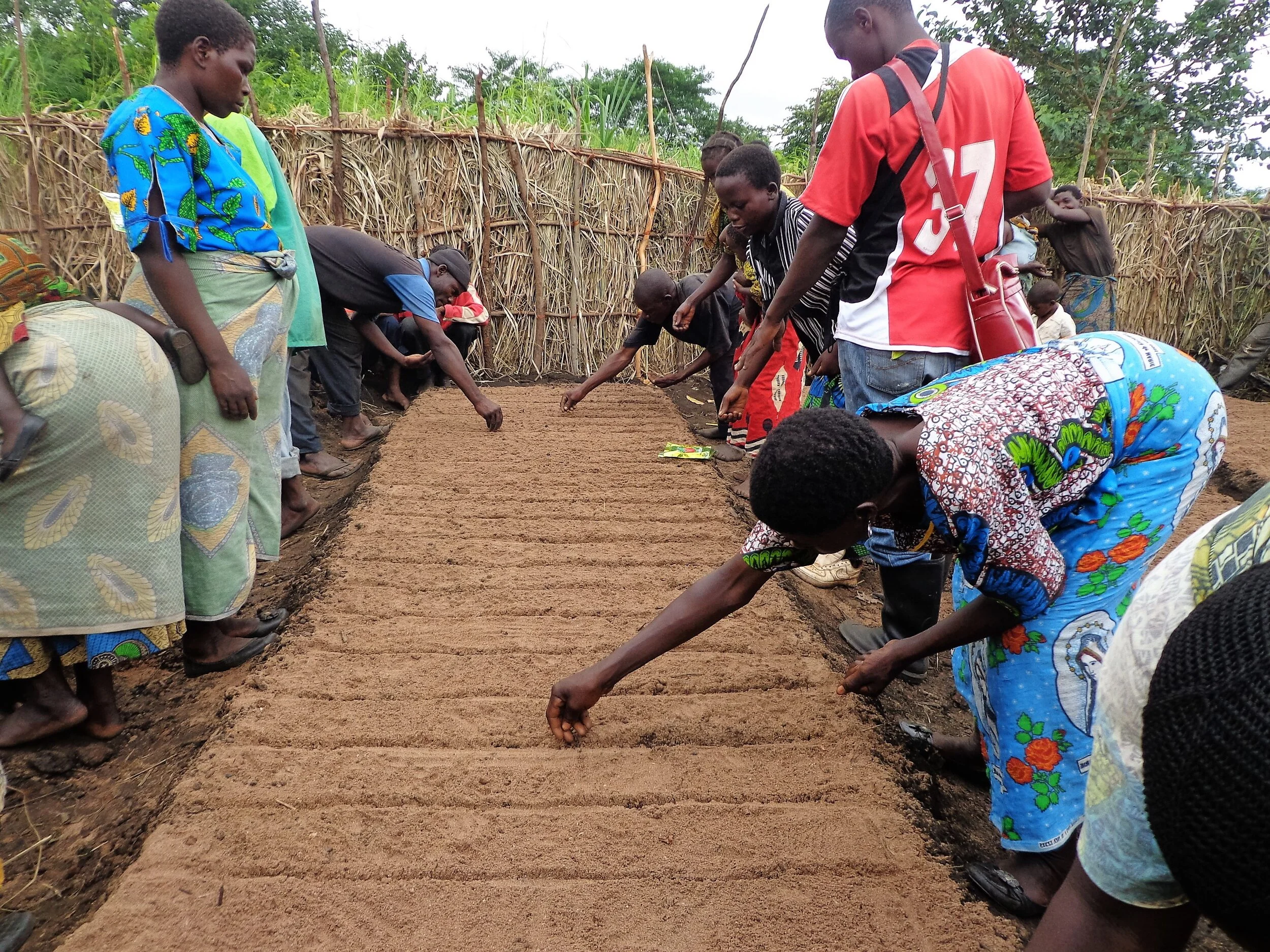Frequently Asked Questions
Question: End Hunger, Really?
Answer: Yes, and we know how impossible that sounds! In Malawi, there are three seasons: the rainy season, the dry season, and the hunger season. Traditionally in Malawi, food is grown in the rainy season Nov - Feb, but due to drought, flooding, or even if a good harvest is realized, by September the food has dwindled. When food can be grown in the dry season, that food supply is supplemented and the additional food can be sold to bring income to the farmers. By ending the hunger season, families are food secure! To quote the daughter of one of a farmer in the program, “Hunger is no longer a visitor to our village!”
Question: Do you train the farmers to make all the types of pumps, or just some of them?
Answer: We manufacture windmills that can irrigate up to 6 acres. We train the farmers how to assemble the hand-crank rope and washer pumps out of materials they can easily find in their trading centers.
Question: After farmers know how to use the irrigation pumps, how do you help them on the growing side?
Answer: Farmers are invited to participate in a 4-year training program that focuses on the following:
Club Formation and Leadership Training
Disease and Pest Control, Land Preparation
Plot Layout and Planting
Procurement of Farm Inputs
Water Pumps, Irrigation Water Management and Scheduling
Principals of Conservation Agriculture
Vegetable Production
Agribusiness Skills
Question: Since you already have a footprint, will you be implementing this in the same area you are already working, or in another area?
Answer: We will use the direction of the Government Agriculture Development Department in the selection of target areas that meet our requirements.
Question: Do female heads of household use the pumps?
Answer: Yes, they use the pumps because these pumps allow them to reach a sustainable income level.
Question: How do you spend the donations that your receive?
Answer: 95% of the budget goes directly towards trainings and irrigation technology. 5% of the budget is used for audits, fees, and raising awareness. We currently have 11 employees in Malawi. You can meet them here. U.S. operations are run by in-kind donations and volunteers.

